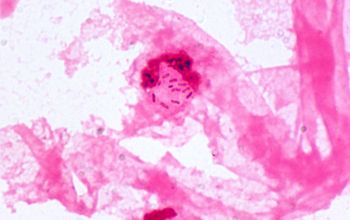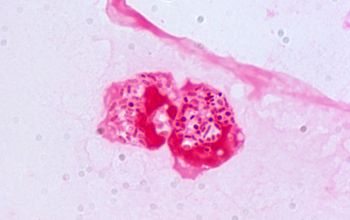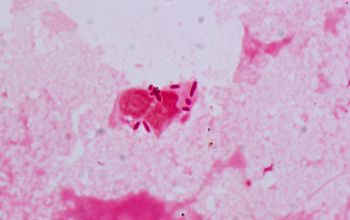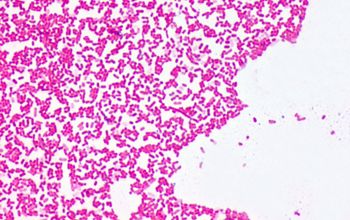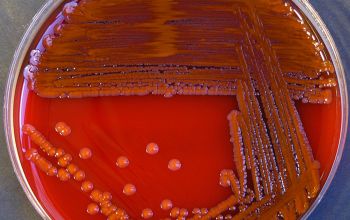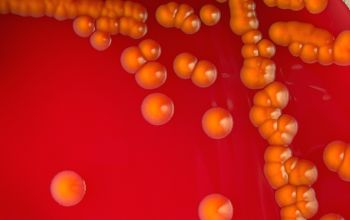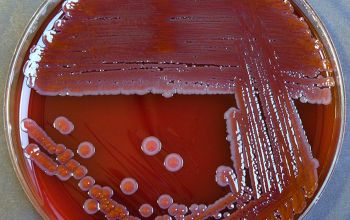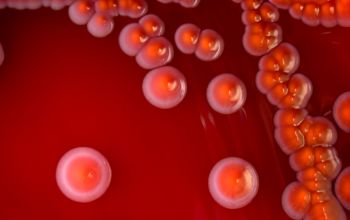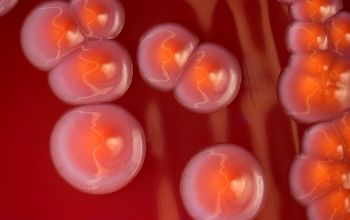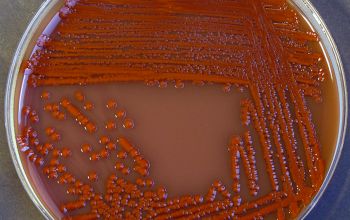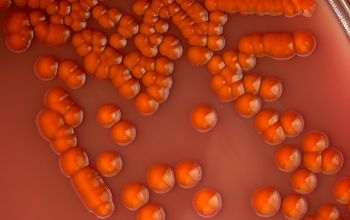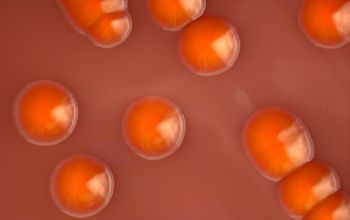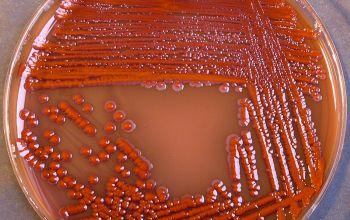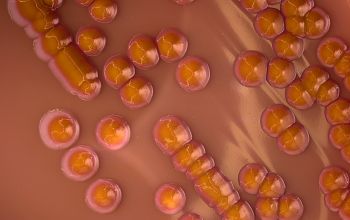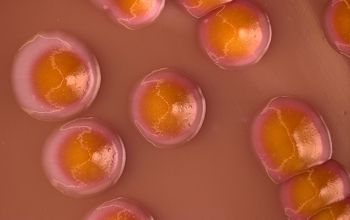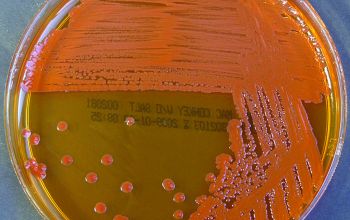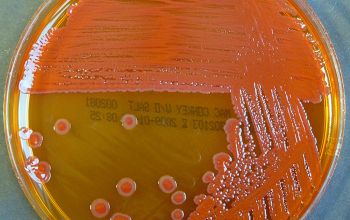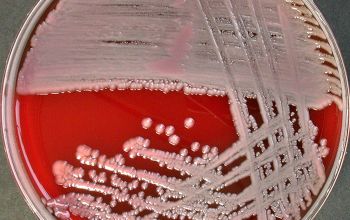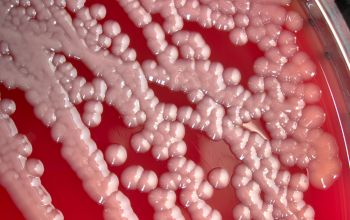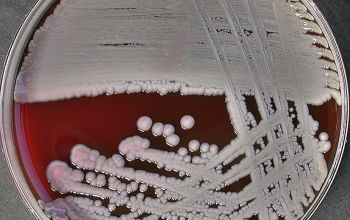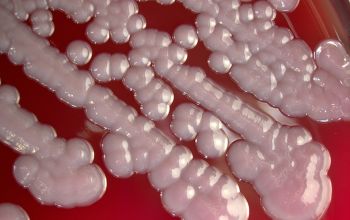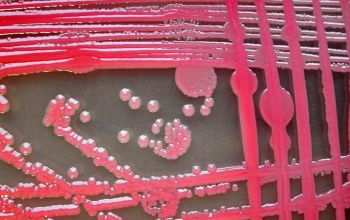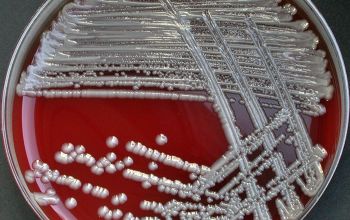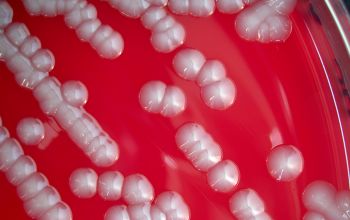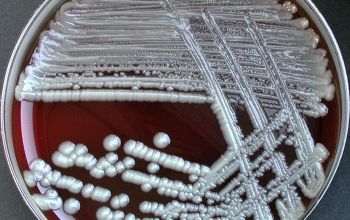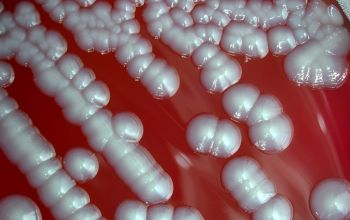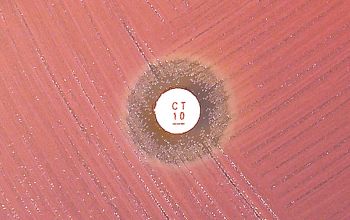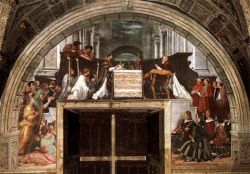The Miracle of Bolsena is depicted on the walls of the Vatican in this painting by Raphael.
The German priest Peter of Prague is shown breaking bread for communion at the Church of Saint Christina in Bolsena, Italy.
Imagine Peter's surprise when he broke the communion wafer and saw it had blood on it!
The bread had truly become Jesus' flesh!
Serratia marcescens
-
General information
Taxonomy
Family: Enterobacteriaceae genus: S. marcescens
2 subsp.- S. marcescens ssp marcescens
- S. marcescens ssp sakuensis
S. odorifera
S. liquefaciens group
- S. liquefaciens
- S. grimesii
S. plymuthica and S. rubidiaea (red pigment, rarely from clinical material)
Not pathogenic
S. entomophila, S. ficaria, S. fonticola, S. proteamaculans, S. quinivorans, S.ureilytica
Natural habitats
They are widely distributed in nature. Isolated from water, soil, foods.
Clinical significance
Serratia ssp are notorious health care-associated pathogens and colonizers
Transmission is predomiately from person to person, but medical apparatuses, intravenous fluid, and other solutions are often implicated as well.
In children, the gastrointestinal tract is a common source of infections.
Pigment
Production in S. marcescens appears to be a marker that the strain is environmental in origin and of low virulence.
-
Gram stain
Gram negative straight coccoid rods
0.5-0.8 x 0.9-2.0 μm,
some strains are capsulated
-
Culture characteristics
-
Facultative anaerobic
BA: colonies are 1-3 mm, circular, shiny, opaque, creamwhite and smooth with an entire margin.
Some strains have a capsule
Pigment production is variable and not all strains produce it, pink (pyrimine), red (prodigiosine).
McConkey: growth, non lactose fermenter
BBAØ: growth
Smell: Serratia can spread a fish-like urine air.
-
-
Characteristics
-
References
James Versalovic et al.(2011) Manual of Clinical Microbiology 10th Edition
Karen C. Carrol et al (2019) Manual of Clinical Microbiology, 12th Edition

